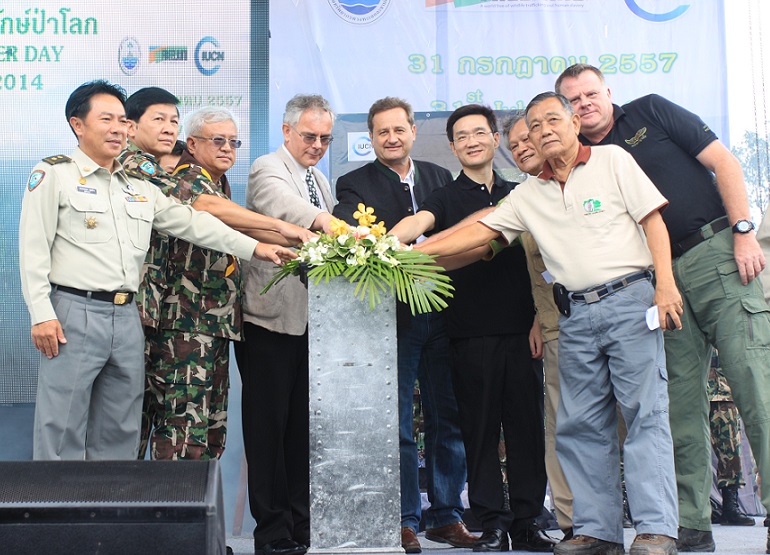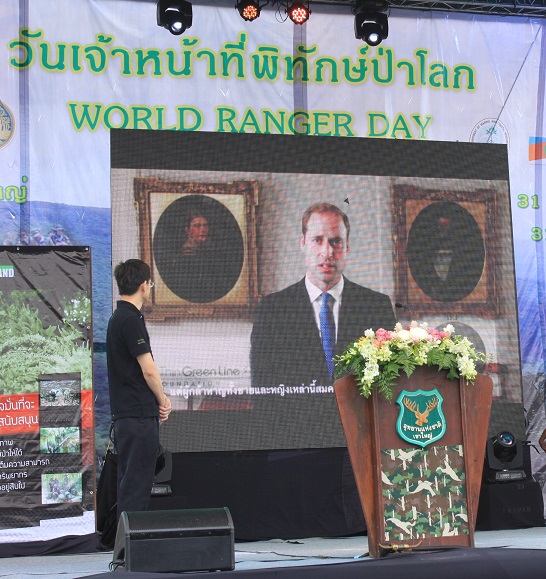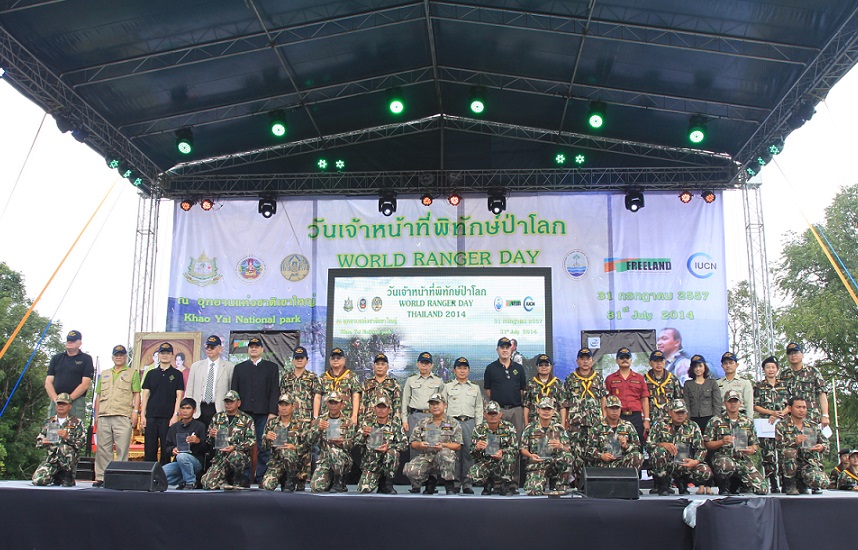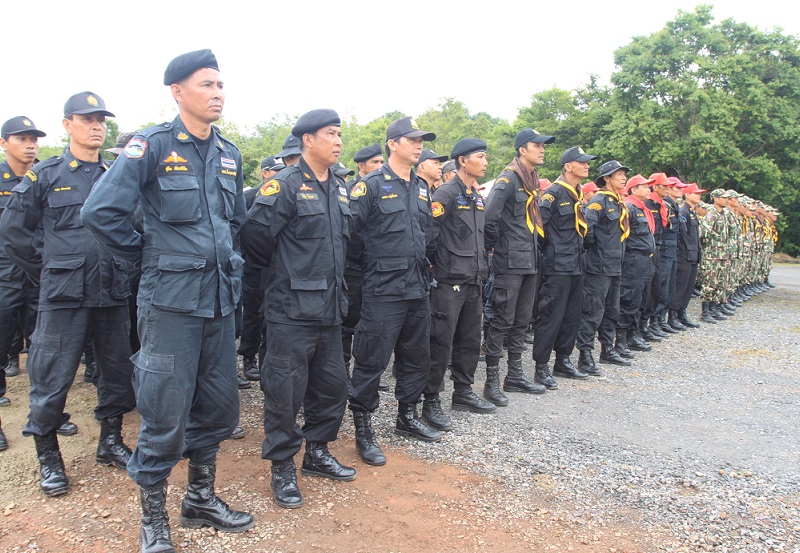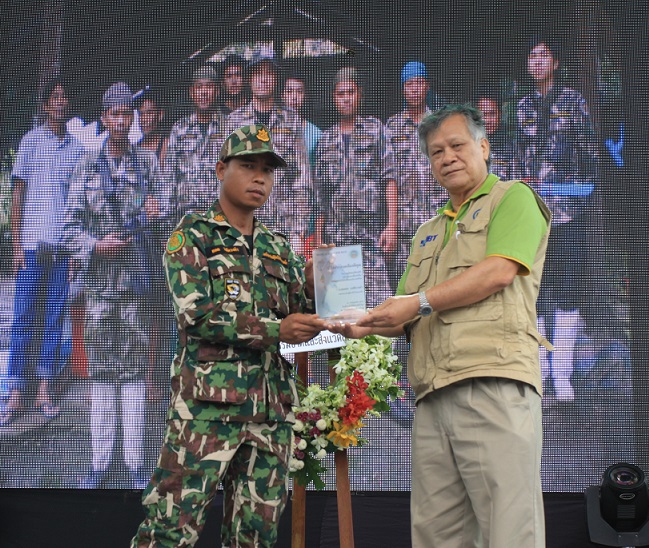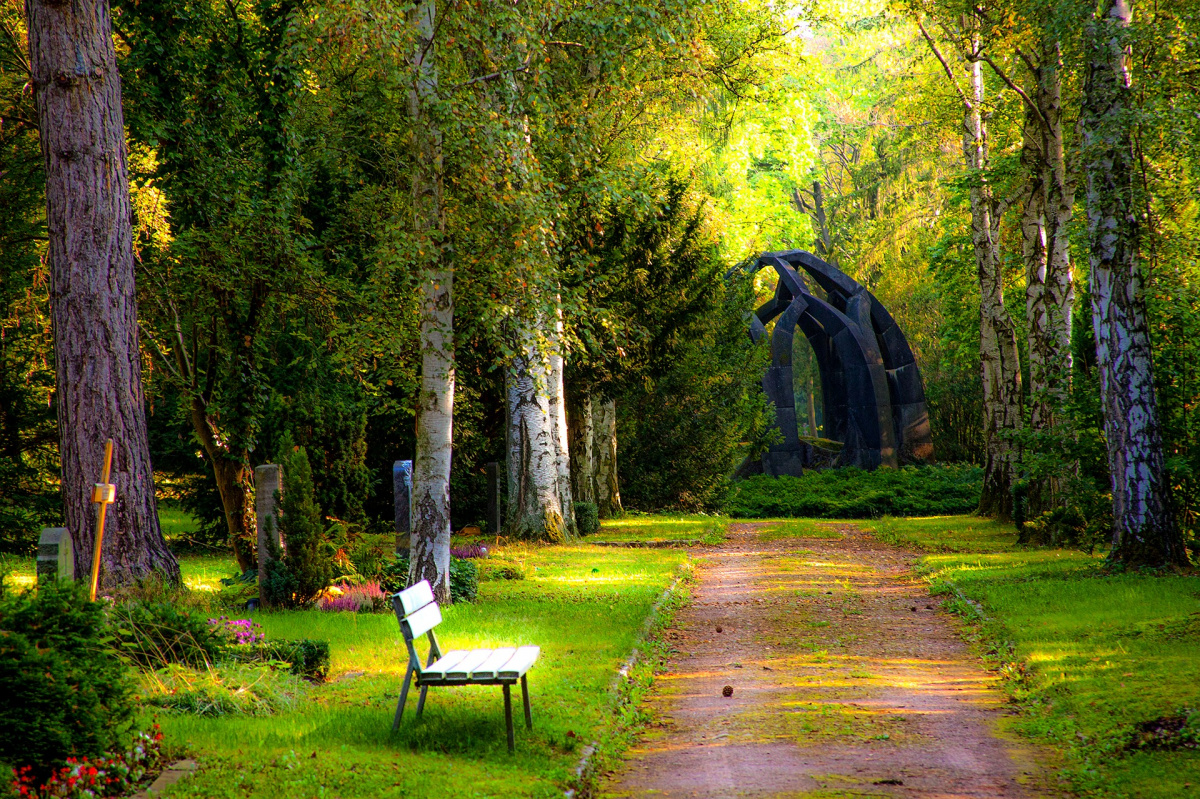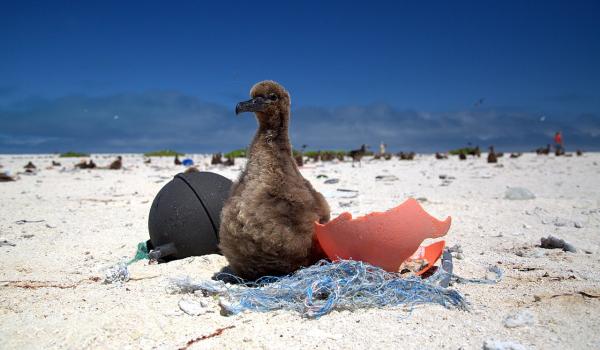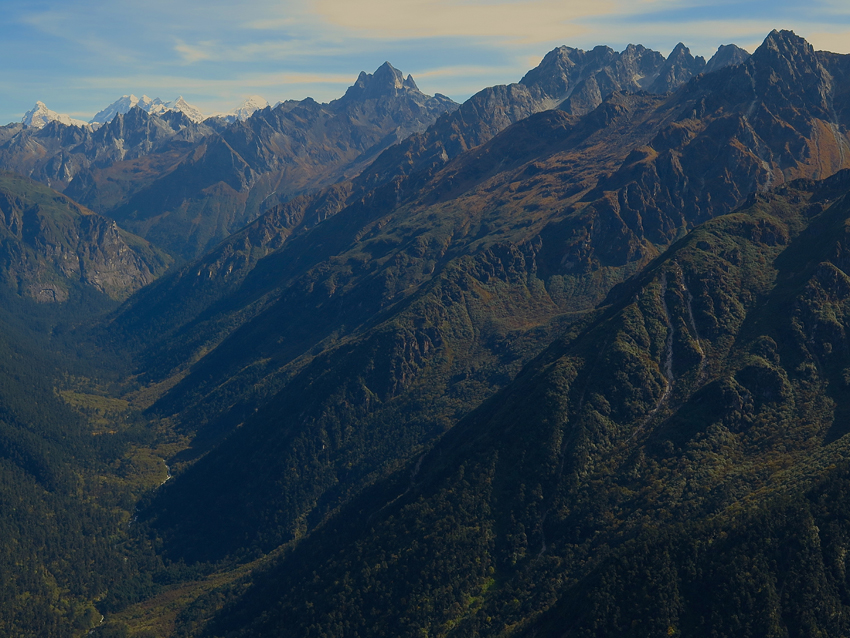To rangers with love & admiration
What do you want to be when you grow up? This question is often asked of children. But how many kids answer: “I want to be a ranger"?
Low pay, limited social welfare, hard work and risking one’s life to protect the natural heritage of the nation and the world, these are all the reality of being a ranger. Every year, rangers are killed during their operations. In 2013, 103 rangers died on duty, and over the last decade, the world lost more than 1,000 rangers.
In Thailand, there are 20,490 rangers working in 411 protected areas. During the last five years, more than 40 park rangers have been murdered, with many more injured or left in critical condition. Recent record shows that between August 2013 and June 2014 seven rangers died and 19 were injured. In most cases, they were attacked by rosewood poachers.
Once a year, World Ranger Day on 31st July, we celebrate the work rangers do. This year, over 400 rangers gathered at the World Natural Heritage Site, Khao Yai National Park, to celebrate the World Ranger Day and commemorate the rangers who are injured or lost their lives during the mission. The event was jointly organized by the Department of National Parks, Wildlife and Plant Conservation, IUCN Thailand and Freeland Foundation. Representatives from relevant government agencies, embassies, the private sector, media and NGOs such as the Seub Nakasathien Foundation, Thai Rak Pa and the Khao Yai Foundation were also in attendance. This event in Thailand is part of the global World Ranger Day celebration.
Dr Chamniern Vorratnchaiphan, IUCN Thailand Country Representative said, "What is the use of protecting nature without protecting rangers’ lives? We must provide appropriate support to develop skillful rangers, not just temporarily hire them as we are doing presently. Becoming one ASEAN Community is a challenge [to our mission]. This will encourage wider flow of transportation and migration in the region. While we do not deny its positive outcomes, we must be aware that the transboundary nature crime will also take advantage of this opportunity. Often, we see the attacks on rangers by illegal poachers. It's too hard for rangers to work alone. So strategically, rangers need to build an ally, especially with communities along the protected areas. Rangers should rather see communities as an ally not enemy. We can even involve villagers in community smart patrol. The sense of ownership to natural resources must be shared.”
Ten rangers were each named “Man of Honor” and received a trophy for their meritorious work. The men honored include some who lost their lives on duty and some injured during attacks by poachers. The event concluded with a seminar, which discussed rangers’ welfare, capacity building and law enforcement. The key conclusion was that relevant partners and stakeholders from government agencies, NGOs and private sectors are ready to support a better welfare for rangers and their families, as well as to provide capacity building and appropriate equipment to work. Even more partners will join the celebration next year.
In November, at the IUCN World Parks Congress, in Sydney, Australia, the issue of rangers and protected areas will be discussed further. The Congress is held once every ten years.
By Dararat Weerapong
